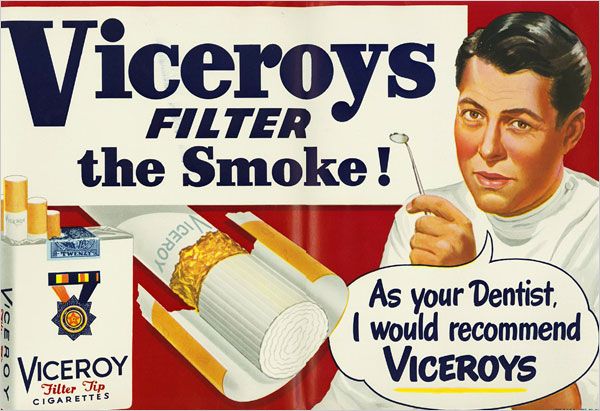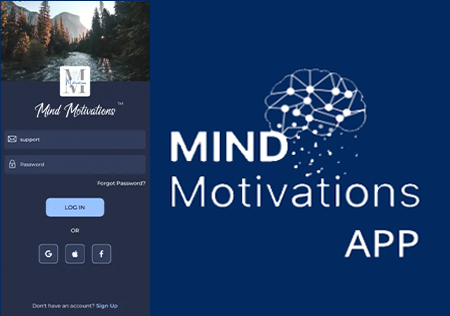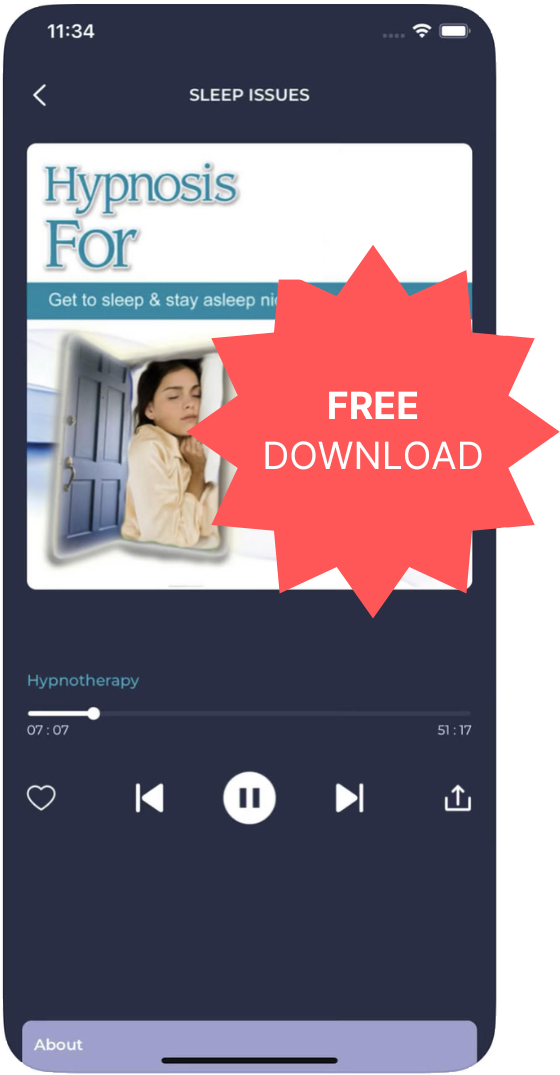Hypnosis in Advertising - Is It Effective?

This week I wanted to talk about hypnosis techniques used in advertising. Many advertising firms are hiring psychologists & hypnotists to help influence the ads they make. Are these effective, and is it possible over short periods of time for viewers to be affected by these ads?
The most important aspect of assessing the impact of hypnosis in advertising is to look at the time frame...
Immediate Impact
Is it possible to immediately be affected into buying a product or service through hypnotic coercion simply by watching an ad once? In a simple answer... no. Firstly, considering that only 10-15% of all people are 'somnambulists' who respond very quickly and deeply to hypnosis, a simple 30 second ad is still not enough time to put any viewer into a state of immediate hypnosis through the medium of TV. So this means that no matter how many different hypnotic elements a commercial uses, none are going to be powerful enough that you watch it once and are obliged to purchase the product...
Longer Term Impact
The effectiveness of most ads is achieved over sustained viewing periods. This is usually achieved by clever use of psychological techniques, and 'some' hypnotic methods too. For example the first time you see an ad you may not feel at all connected to buying that product. However, over time, with repeated views, it is possible that subconsciously and consciously you may feel more inclined to act upon the directives of the advertisement. This is not necessarily hypnosis, rather psychological conditioning.
Hypnotic vs. Psychological Impact
Hypnosis being defined as a state of detached awareness, is just that... a state of mind. Psychology is, as a whole, about reprogramming cognitive patterns over time. That being said many ads, such as the famous Hyundai Superbowl commercial, use hypnotic elements to help more quickly embed the message of that ad over time to the viewer. However, in most cases, it is the psychological messages, helped in delivery by hypnotic techniques, that are more effective to the viewers. In other words, it is the message of the ad, more so than the delivery, that produces the results sought after by the company. Hypnotic techniques simply help embed this message a lot quicker because it helps lower brainwave resonance ever so slightly for the viewer during the length of the ad for the message to sink in a little deeper more quickly each time it is viewed.
Conclusion
When everything is weighed up, hypnosis has a rather small influence in advertising effectiveness, although repetitive psychological influence is more effective long term. In hypnosis we use all the same psychological techniques to help achieve positive results, however using a more prolonged time span to achieve the hypnotic state, thus helping the message become better embedded. Advertising is a big money business. It is natural that companies spend the big bucks on finding methods that produce the best results. As a viewer your best bet is to always try and be aware of the techniques the companies are using on you, and to empower your decision making processes above this influence.
- Giovanni Lordi
















